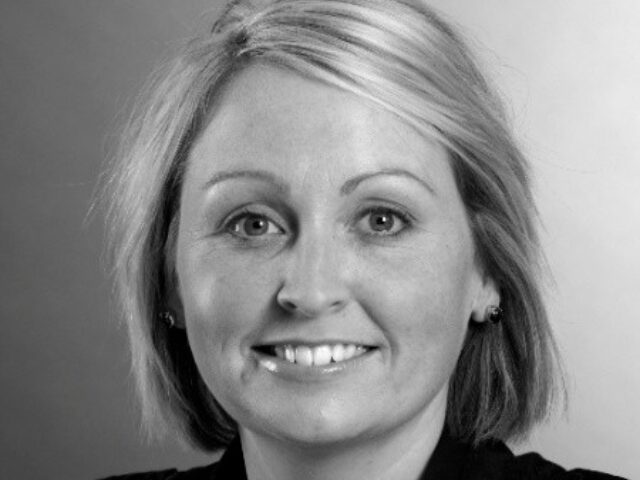
Kate McCallum is a Principal Environmental Scientist with over 20 years of experience specialising in land and groundwater contamination assessment and audit. Based in Geelong (Wadawurrung Country) Kate divides her time between her role as Tetra Tech Coffey’s Geelong Regional Manager and continuing her technical work. She juggles multiple projects collaborating with multidisciplinary teams, her role as a team leader and her role as a mum to three children.
Tell us what drove you to specialise in Site Assessment and Remediation (SAR)?
From a young age, I was passionate about the environment and sustainability. This passion drove me to study environmental science at university, following which I started a role in environmental consulting over 20 years ago. I enjoy the energy and the diversity of consulting. When I commenced my career, I loved the opportunity to work in the field and the office, but now I would say the diversity lies in managing and mentoring people and the technical work I undertake. A career in science has led me to help to restore or manage sites that have been impacted by historic activities and create lasting community benefit by making them safe for human health and the environment.
What aspects of this area of science do you enjoy most?
My favourite aspect of my role is problem solving. I find it rewarding to help solve clients’ problems through review of data and interpretation of relevant policy and guidelines. This is what drew me to spending a large portion of my career as an auditor’s assistant. While I do get into the detail, I have the ability to keep the big picture in mind to help solve the complex problems sustainably.
What has been a memorable project for you?
It’s hard to pinpoint a single project, but the one that stands out most for me was a 10 year-long environmental audit for a Government client. The team and I were operating on a highly sensitive site, which had restricted access and challenges that impacted the way we could undertake the work. The site was very contaminated, and the remediation and management options were complex. We were balancing the needs of a number of stakeholders, and it was imperative that we did not interrupt the site’s operation during the project. However, we still needed to make sure that we obtained the data we required to assess the risks.
This project reinforced to me the importance of looking after not only our and others’ physical health and safety, but also the importance of mental wellbeing and safety. Often we travel along a journey with our client, we need to understand their underlying needs and the way they work. The end reward is having navigated the problems and provided our client with a solution to allow them to meet their objective sustainably and forge lasting relationships in the process.
What are some of the challenges scientists can face?
I think working with people under high stress with competing priorities presents the greatest challenge for me. Finding ways to deliver news to a client that may ultimately end up resulting in greater time and costs for their project is not easy. I work through these challenges by building a network of colleagues and peers who understand the challenges and help me navigate the issues. I have a wonderful network of people around me; they have given me guidance and offered a sounding board to help me work through problems. We don’t have to deal with these challenges alone. We all have our strengths, and we can draw on that. I strive to always make sure people feel that they can ask me for help. Working with others helps you to learn different ways of looking at problems. It’s an ethos I try to encourage in my team.
What is your hope for women entering your field/where do you see the future of your field heading?
My hope for woman in science, and any profession for that matter, is that they can focus on their strengths and follow their passion. Don’t allow areas of weakness stop you from forging a career in something that you love. Focus on your strengths, learn, understand and be proud of your area of expertise, build a great network around you, be open to learning new things and ways of doing things and ask for help when you need it.
My hope is that more women join this industry. Women bring unique and wonderful qualities to a team. We need to embrace the problem solving and leadership skills of women and the impact that can have on the scientific and contaminated land industry and the community as a whole.
Connect with Kate: kate.mccallum@tetratech.com